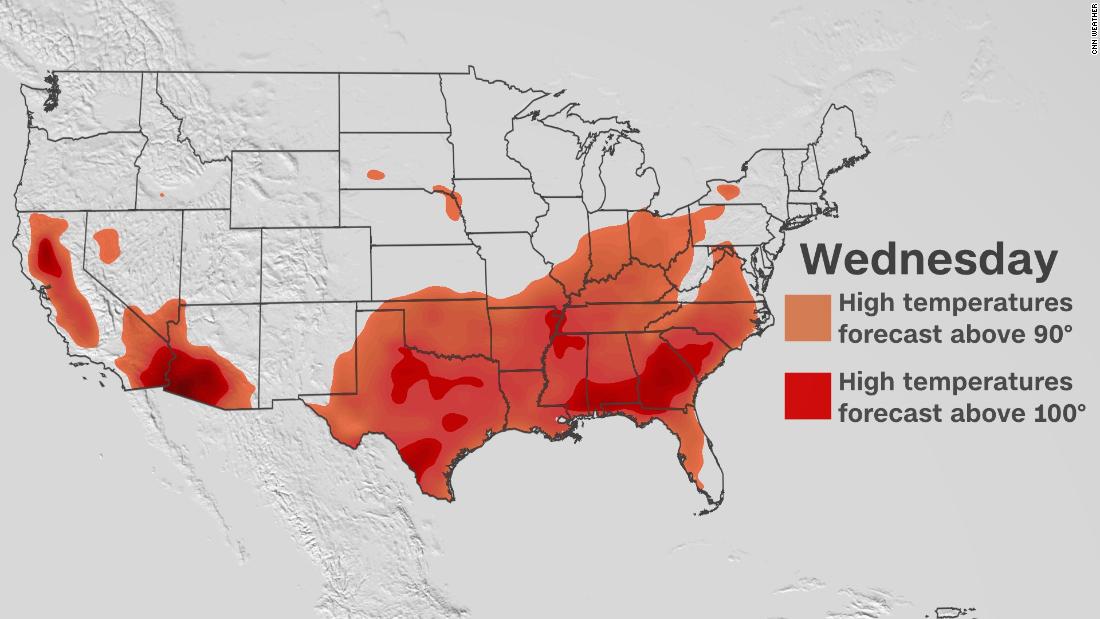Motivations remain as varied as the profiles of women who freeze. Some, like Ms. Swarm of Freeze.Health, who has heard her share of distress stories from older women with problems conceiving, views the procedure as a matter of course. “I wear sunscreen to protect myself from future sun damage,” she said lightly. “I work out to keep off my weight. Why would I not do something to prevent future emotional pain and suffering?”
For others, freezing and storing one’s eggs can enhance a sense of material worth. “These young women they are putting their eggs on ice as part of a list of things they are accomplishing,” Ms. Landis said. “It’s like getting a master’s degree or buying a house, all in the name of making themselves more valuable.”
That prospect is alluring to ambitious, focused and hyper-organized millennials. Few are as fiercely proactive as Taylor Lorenz, who writes about culture and technology. Ms. Lorenz, 31, signed on for the procedure at 28, after she broke off an engagement of several years. Not secure with a single freezing cycle, she underwent five more, her final round last summer, when she had harvested 41 eggs.
Ms. Lorenz has no regrets. The process, she said, “is a way for you to feel like you’re in control of your life, at least at the time you are doing it.”
Victoria Reitano, a 27-year-old former television producer turned branding entrepreneur, is more steely in her conviction. “This is not just some whim, like I’m 17 years old and I want kids someday,” she said. “My life plan at some point is to have at least two children. I’ve already made provisions for that.”
That mind-set, however, can be illusory. Undertaking the procedure in one’s 20s can give a false sense of security, a certainty that, responsibly or otherwise, marketers tend to encourage. “You are dealing with women’s existential desire to start a family,” Ms. Selvaratnam said. “You are playing to their vulnerabilities.”
Source : Nytimes












